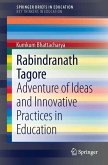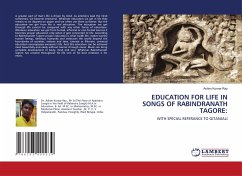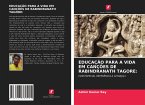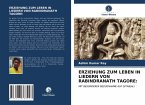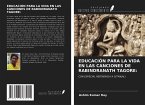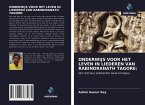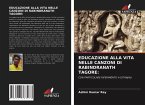This book explores the educational thought and practice of Asia s first Nobel Laureate Rabindranath Tagore, who spent forty years of his life developing an alternative educational learning centre in Santiniketan, India. For Tagore, the ideal of education was no less than to bring the individual in touch with the whole of life. It should include the emotional, intellectual, aesthetic, socio-political, spiritual and economic, emphasizing at each step how training and knowledge have an organic connection with the environment. Beginning as a primary school for boys, Santiniketan evolved to include Visva-Bharati, a higher educational learning centre that encompassed all-India, pan-Asian, global dimensions, as well as Sriniketan, the Centre for Rural Reconstruction, which concentrated on mass education and agrarian uplift. This book will explore the models such as the ancient forest schools and medieval Buddhist monastic universities of India that inspired the development of Tagore s open-ended educational experiment with its emphasis upon nature and the arts. As well, it examines how Tagore s particular sensitivity to the problems of race, language, cultural differences, economic disparity, and political and gender imbalance speak to concerns that are with us over a century later.
Hinweis: Dieser Artikel kann nur an eine deutsche Lieferadresse ausgeliefert werden.
Hinweis: Dieser Artikel kann nur an eine deutsche Lieferadresse ausgeliefert werden.

